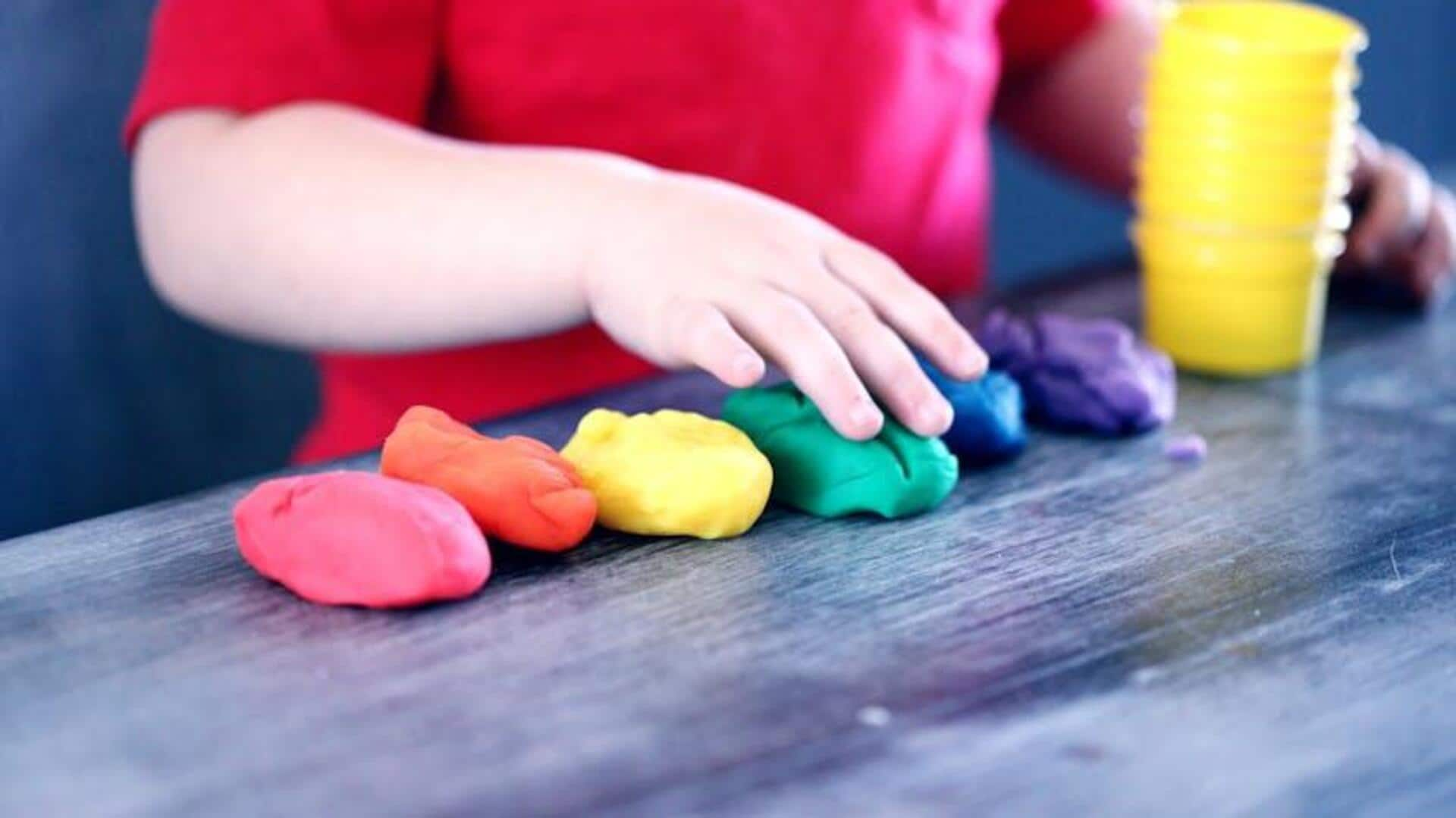
How drama games can help kids become more empathetic
What's the story
Drama games are a fun and effective way to develop empathy in children. By participating in these activities, kids learn to understand and share the feelings of others. This not only improves their social skills but also helps them become more compassionate individuals. Here are five drama games that can help boost empathy in kids, each focusing on different aspects of emotional understanding and interaction.
Perspective taking
Role reversal game
Role reversal games allow kids to step into someone else's shoes, literally. By acting out different roles, children learn to see things from another person's perspective. This game encourages them to think about how others might feel or react in certain situations, fostering empathy and understanding.
Non-verbal cues
Emotion Charades
Emotion charades is a fun activity where kids act out different emotions without using words. This game helps them recognize non-verbal cues and expressions that indicate how someone is feeling. By observing and guessing emotions accurately, children become more attuned to the emotional states of others, enhancing their empathetic skills.
Active listening
Storytelling circle
In a storytelling circle, kids take turns narrating stories while others listen attentively. This activity promotes active listening skills, which are crucial for developing empathy. When children pay close attention to others' stories, they learn about different experiences and perspectives, deepening their understanding of diverse emotions and situations.
Quick thinking empathy
Freeze frame scenarios
Freeze frame scenarios involve kids creating still images that depict particular situations or emotions. Other participants then guess what is happening or suggest how they would feel if they were in that scenario. This game encourages quick thinking about how different actions can lead to different emotional responses, enhancing empathetic awareness.
Collaborative empathy building
Group improvisation exercises
Group improvisation exercises require kids to work together to create scenes or solve problems on the spot. These activities promote collaboration and require participants to consider each other's ideas and feelings while making decisions collectively. Through improvisation, children learn how teamwork requires empathy and mutual respect for everyone's contributions.